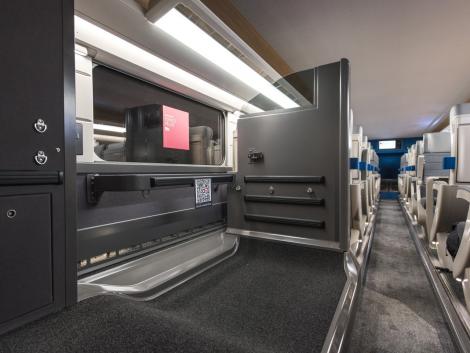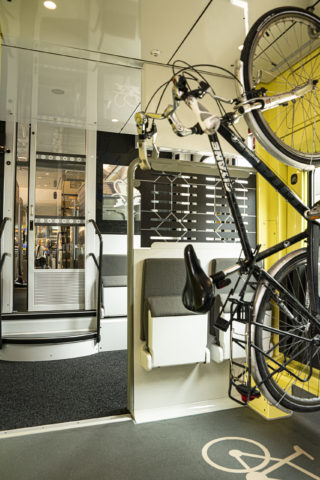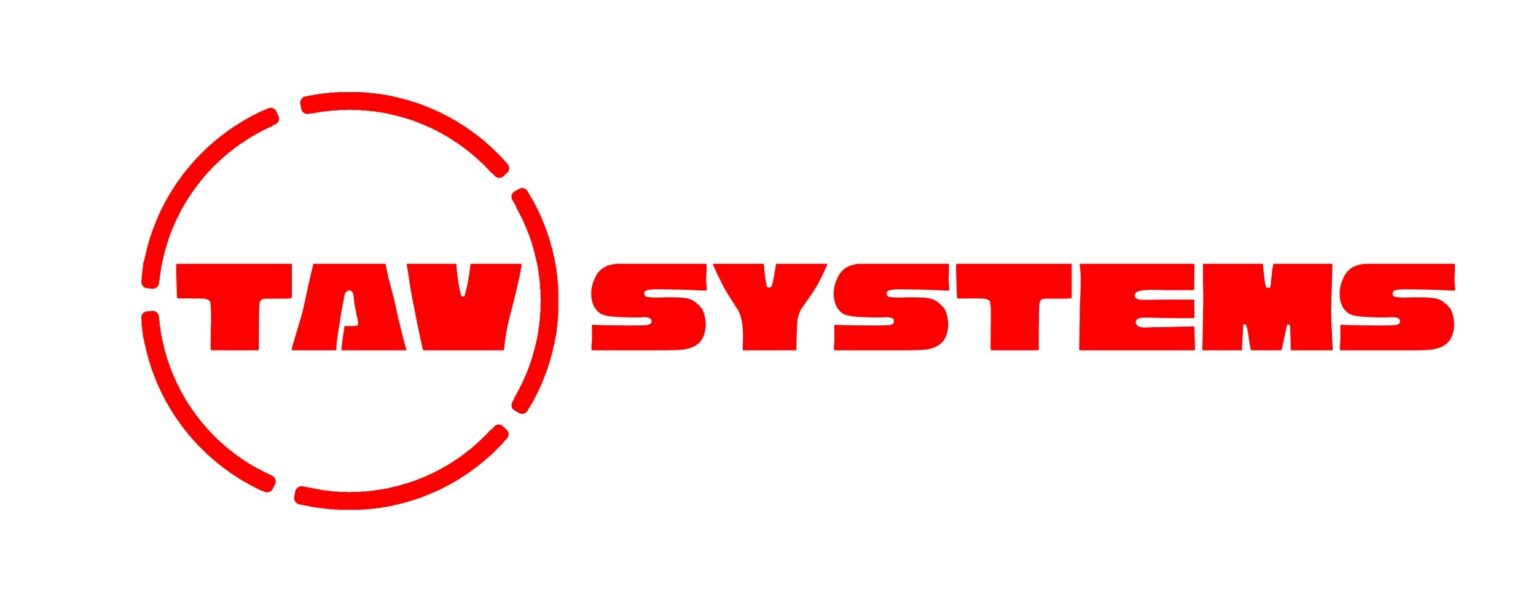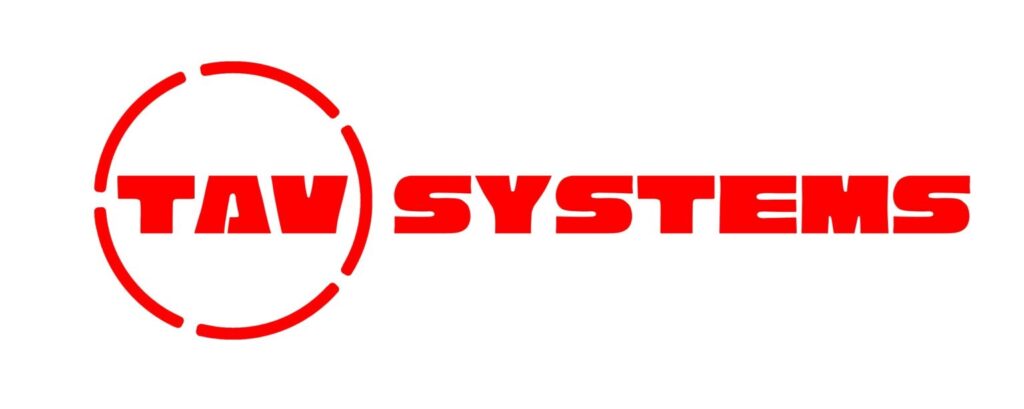A new law adopted in France at the beginning of 2021 is set to boost the combination of bikes and trains in the country for decades to come. Developed in parallel to the European Regulation on Rail Passengers’ Rights and Obligations, which was approved on 1st October 2020, the French law will require there to be at least 8 bicycle spaces on most services.
The French requirements generally go beyond what was agreed on the European level (a minimum of 4 bicycles) and should provide inspiration for other countries wanting to do more to encourage the combination of these two sustainable modes of transport. The Loi d’orientation des mobilités (Mobility Orientation Act) will make sure that the improvements are set in motion “for rolling stock that is being purchased or renovated as of March 2021″. While new or renovated trains for which contract notices have been, or will be, issued before March 2021 are technically not covered, SNCF (the French national rail undertaking) has declared that it will put 6-8 spaces in the TGV-M trains that they currently have on order .

© PLUQUET Pierre-Antoine
Not only space, but services
In addition to the minimum number of bike spaces, the decree also includes some extra conditions that have to be met by the operators. Minimum information for transporting bicycles on trains will have to be provided ahead of the trip, in order to meet the needs of cyclists when they organise their journey, be it as part of leisure activities or for their daily commuting. This may include information about the location of the bike racks in the train composition or the possibility to book a place in advance when buying the ticket.
Not only 8, but many
Some French regions have gone even further – like Centre-Val de Loire, where the regional authorities decided to give a boost to bike and train intermodality already back in 2018, when a total of 50 new trains were purchased to replace old rolling stock. Since August 2020, 32 new trainsets have been circulating in the region, welcoming 9 bicycles per coach, for a total of 27 racks for a full train!
“This renewal of the Region’s rolling stock is not only intended to facilitate everyday trips for commuters. It also aims at the tourism development of our territory”, said Hugues Hausher, Production and Service Manager at the Region’s Transport and Sustainable Mobility Directorate.
Indeed, the Centre-Val de Loire region is crossed by 2,355 km of cycling routes of national and international scope, including EuroVelo 3 – Pilgrims Route and EuroVelo 6 – Atlantic-Black Sea.
Not only trains, but buses

©Centre-Val de LoireThe Mobility Orientation Act doesn’t only regulate bike and train intermodality. As of 1 July 2021, all new buses used for regular road public transport services, with the exception of urban services, will have to be equipped with a system to transport a minimum of 5 unassembled bicycles. While there are exemptions, the most forward-looking companies have already started.
In the Aix-Marseille-Provence Metropolis, the mobility operator Transdev is experimenting a new indoor bike rack system that allows for up to 6 bicycles to be loaded on each bus.
“This experiment is the result of a sustained and participatory work of user associations and tourism professionals to develop intermodality in the metropolis Aix-Marseille-Provence. This service is primarily designed for commuting to the Fos-sur-Mer employment area and for cycle tourists on the ViaRhôna [EuroVelo 17 – Rhone Route], which connects the Geneva Lake to the Mediterranean. Port-Saint-Louis is not served by train, so access to the route is not facilitated. With this new service, tourists on bicycles will now be able to reach the ViaRhôna from the train stations as well” said Axelle Astouric, Head of Communication and Innovation at Transdev.
An inspiration for others
France is proving to be the bon élève in the process of combining bicycles with public transport. The approval of the EU’s Regulation on Rail Passengers’ Rights provides a foundation for national policies that can go above and beyond its requirements, as the French government have shown.
We would like to congratulate the group of organisations that have been advocating for these changes over many years. Operating under the banner ‘My bike on the train’, the group was led by CycloTransEurope and the Amis de la Nature and featured both of our French members, FUB and AF3V, and the French National EuroVelo Coordination Centre, V&T.
The ECF will be continuing to lobby on the European level for improved measures for combining bikes and trains through the ongoing review of the Trans-European Transport (TEN-T) Network Guidelines. More information is available here.



Leave A Comment